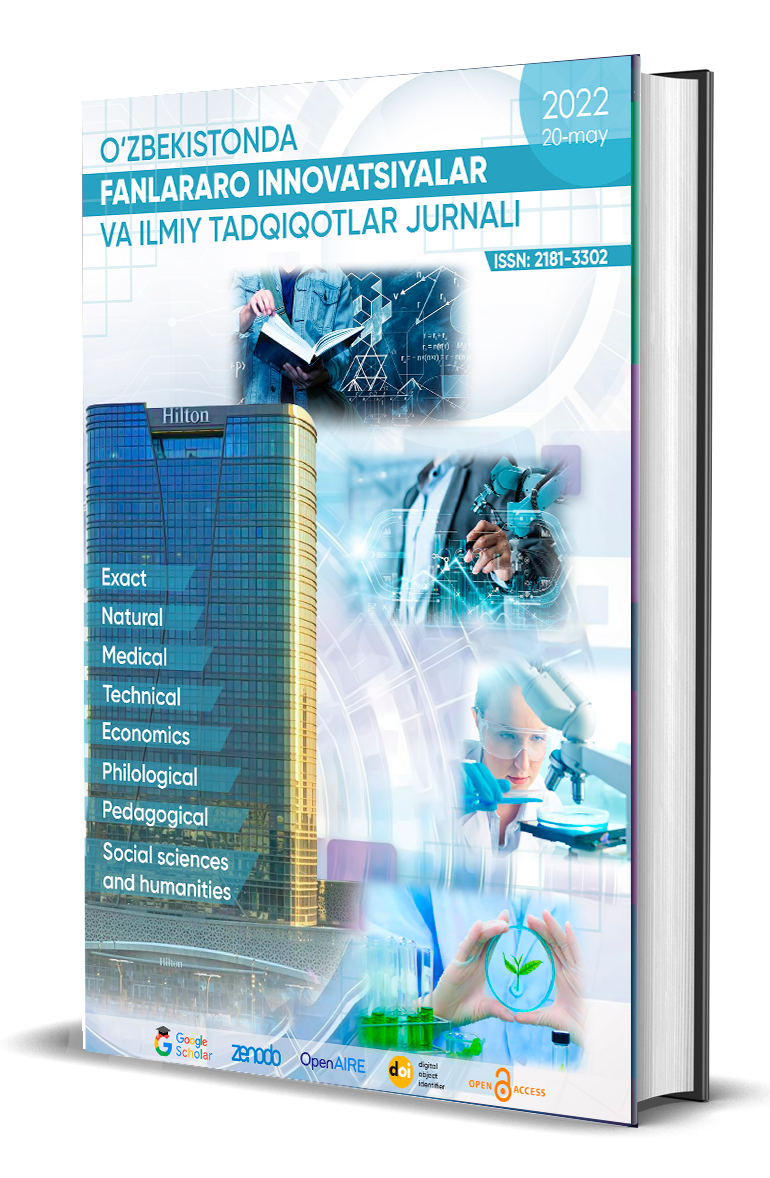DEVELOPING THE UNDERSTANDING OF ECO-TOURISM IN PRIMARY EDUCATION
Keywords:
ecotourism, youth travel, lifelong learning, smart technologies, primary education, Information and Communication Technologies(ICTs)Abstract
This study emphasis on young people who are likely to be first-time eco-tourists or to have little experience of ecotourism. This article tries to demonstrate the effective use of smart technologies in teaching primary school pupils in shaping their understanding of eco-tourism.
References
1. Donohoe, H. M., & Needham, R. D. (2006). Ecotourism: The evolving contemporary definition. Journal of Ecotourism, 5(3), 192–210. https://doi.org/10.2167/joe152.0
2. Cobbinah, P. B. (2015). Contextualising the meaning of ecotourism. Tourism Management Perspectives, 16, 179–189. https://doi.org/10.1016/j.tmp.2015.07.015
3. Cini, F., & Passafaro, P. (2019). Youth and ecotourism: A qualitative exploration. Tourism and Hospitality Research, 19(1), 126–131. https://doi.org/10.1177/1467358417704887
4. Bai, B., Hu, C., Elsworth, J., & Countryman, C. (2005). Online travel planning and college students: The spring break experience. Journal of Travel and Tourism Marketing, 17(2–3), 79–91. https://doi.org/10.1300/J073v17n02_07
5. Kasim, A., & Wickens, E. (2018). Exploring youth awareness, intention and opinion on green travel: The case of Malaysia. Tourism and Hospitality Research, 18(4), 1–15. https://doi.org/10.1177/1467358418781441
6. Sangpikul, A., & Batra, A. (2007). Ecotourism: A perspective from Thai youths. The Journal of Hospitality Leisure Sport and Tourism, 6(1), 81–85. https://doi.org/10.3794/johlste.61.153
7. World Tourism Organization. (2010). Youth travel matters – Understanding the global phenomenon of youth travel.
8. World Tourism Organization. (2016). Global Report on The Power of Youth Travel.IN UNWTO Affiliate Memers Programme, Ed. Madrid, Spain: UNWTO. https://www.wysetc.org/wp-content/uploads/2016/03/Global-Report_Power-of-Youth-Travel_2016.pdf
9. Buhalis, D., & Amaranggana, A. (2013). Smart tourism destinations. In Z. Xiang & T. Iis (Eds.), Information and Communication Technologies in Tourism, 2014, 553–564. Dublin, Ireland: Springer, Cham https://doi.org/10.1007/978-3-319-03973-2_40
10. Hunter, W. C., Chung, N., Gretzel, U., & Koo, C. (2015). Constructivist research in smart tourism. Asia Pacific Journal of Information Systems, 25(1), 105–120. https://doi.org/10.14329/apjis.2015.25.1.105
11. Ali, A., & Frew, A. J. (2010). ICT and its role in sustainable tourism development. In U. Gretzel, R. Law, & M. Fuchs (Eds.), Information and communication technologies in tourism 2010 (pp. 479–17). Springer, Vienna. https://doi.org/10.1007/978-3-211-994078_40
12. Cohen, S. A., Prayag, G., & Moital, M. (2014). Consumer behaviour in tourism: Concepts, influences and opportunities. Current Issues in Tourism, 17(10), 872–909. https://doi.org/10.1080/13683500.2013.850064
13. Chafe, Z. (2007). Consumer demand for quality in ecotourism. In R. Black & A. Crabtree (Eds.), Quality assurance and certification in ecotourism (pp. 164–195). CABI. https://doi.org/10.1079/9781845932374.0164





